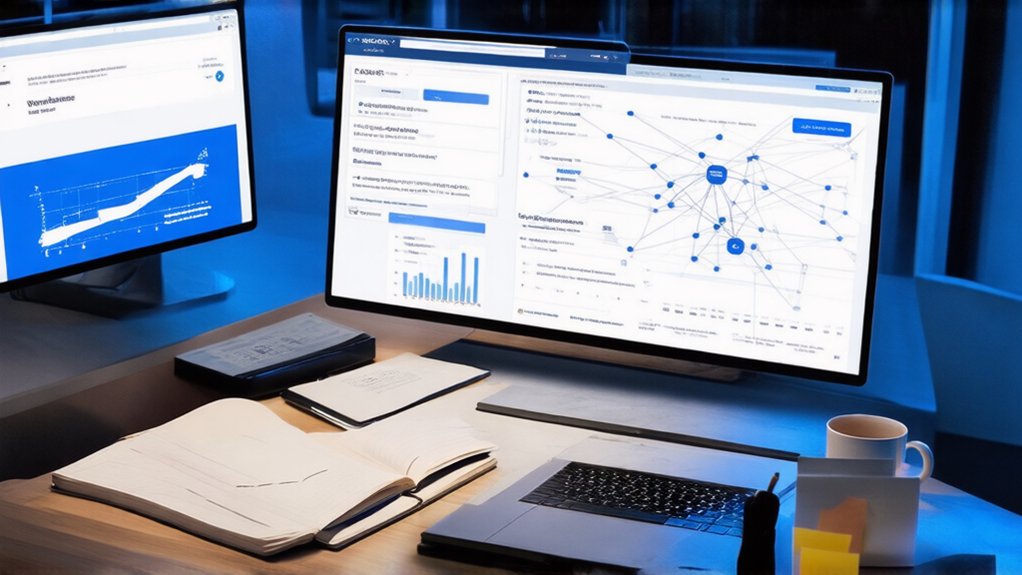While researchers have grumbled over ChatGPT’s old limitations, the latest update finally steps in to fix the mess, introducing powerful new models like o3 and o4-mini for tackling complex tasks. These enhancements boost capabilities in areas like STEM, where GPT-4o now shines brighter. This update makes Deep Research available to Pro users, with plans to roll it out to Plus and Team users soon.
Oh, and deep research? It’s no longer a pipe dream for Plus users; it’s rolling out across plans, with specific query limits to keep things fair. Hit your cap? No sweat—the system switches to a lightweight version, dodging frustration like a pro. Users can now tap tools for web browsing and Python analysis, making problem-solving less of a headache. The models leverage transformer architectures to process massive amounts of text data efficiently.
Deep research takes the spotlight, conducting multi-step tasks that synthesize data from hundreds of sources. It’s a real time-saver, breaking down complex info into bite-sized chunks to ease cognitive overload. Autosuggestions kick in with contextual smarts, suggesting keywords based on your chat history.
Deep research shines, synthesizing data from hundreds of sources while dishing out smart autosuggestions to cut through the chaos effortlessly.
Sure, it’s handy, but let’s be real—who knew AI could play mind reader? This feature boosts productivity, automating synthesis and serving up trending insights without the endless manual hunt. Productivity just got a sarcastic high-five.
On the user side, the interface feels more intuitive, with autosuggestions anticipating needs like an overeager assistant. Drawing from conversation history, it guides chats proactively, even scheduling reminders for research summaries.
That’s proactive, not pushy—though some might roll their eyes at the hand-holding. The AI steers toward productive outcomes, mixing in advanced tips on trending topics. Additionally, users can now upload files directly from Google Drive for enhanced data analysis.
Under the hood, models like o4-mini are optimized for efficiency, delivering state-of-the-art reasoning without breaking the bank. They juggle tools for web searches and image generation, spitting out detailed answers in under a minute.
Enhanced problem-solving? Check. Cost-efficient? Absolutely.
For real-world use, deep research automates tedious tasks, crafting reports from vast online sources in hours flat. It handles complex queries, analyzing text and images with ease.
No more slogging through data dumps—this is AI stepping up, finally. Researchers might still grumble, but hey, progress is progress.




